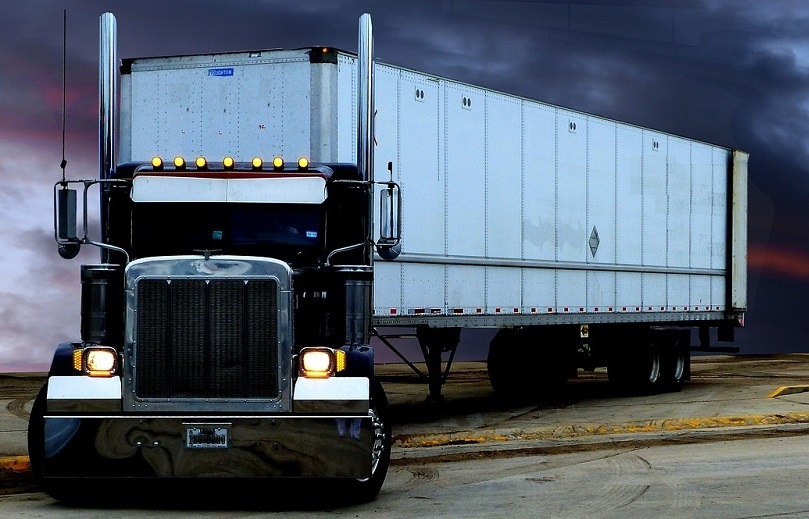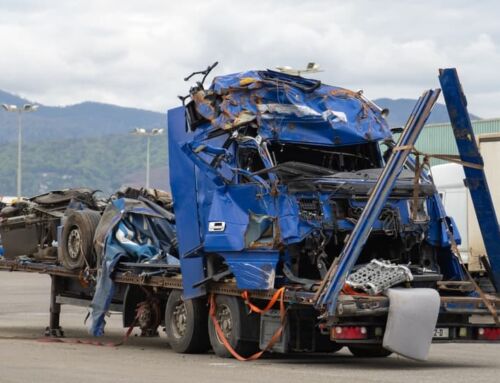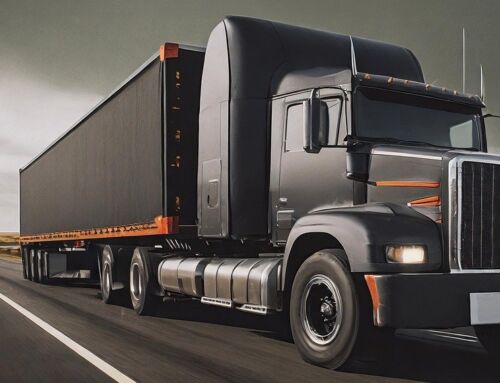Each year in the United States, truck accidents result in a significant amount of fatalities, with approximately 6,000 deaths recorded annually, according to the National Highway Traffic Safety Administration (NHTSA). While various factors can contribute to truck accidents, a common cause is related to weather conditions, which includes high winds. In such instances, determining at-fault parties and liability can prove challenging for those who have suffered injuries and damages.
Because of their size and weight, commercial trucks can be particularly susceptible to high winds, which can cause loss of control or jackknifing. According to studies, winds of 25 mph or greater can significantly affect a driver’s ability to operate their rig safely. Crosswinds may cause difficulty with steering, sending trucks across lanes and into other vehicles.
Determining fault in wind-related accidents can be complex, but the presence of bad weather or wind does not necessarily absolve a driver or their employer from responsibility. Fault is typically assigned based on whether a driver acted reasonably given the circumstances. As such, failing to adjust driving behavior to account for windy conditions is often seen as a breach of a truck driver’s duty to exercise reasonable care on the road.
In some cases, poorly maintained rigs can contribute to wind-related accidents. If a trucking company failed to adequately service a vehicle and it can be determined this contributed to an accident, a skilled truck accident lawyer will be able to strengthen a personal injury case.
When there is ambiguity or shared fault, Indiana’s modified comparative fault rule would apply. This means that an accident victim can still pursue a personal injury case if they are found to be less than 51% responsible. However, the award amount will be reduced relative to the amount of fault attributed to them.
Another wind-related factor unrelated to weather includes disturbances produced in the wake of large trucks traveling at high rates of speed. Drivers who are following too closely or drafting can be impacted by a truck’s “low pressure pocket,” resulting in the loss of control of their trailing vehicle. In such instances, it’s likely they will share the majority or entirety of fault in these types of incidents. However, each case is unique and will require a careful review of a skilled personal injury attorney familiar with Indiana law.
If you have been involved in a truck accident caused by high winds, contact Hurst Limontes for a free and confidential consultation. We work on a contingency basis, meaning there is no cost to our clients unless there is a settlement or jury verdict award obtained on their behalf.
Call 317-636-0808 or complete the contact form below to get started.





